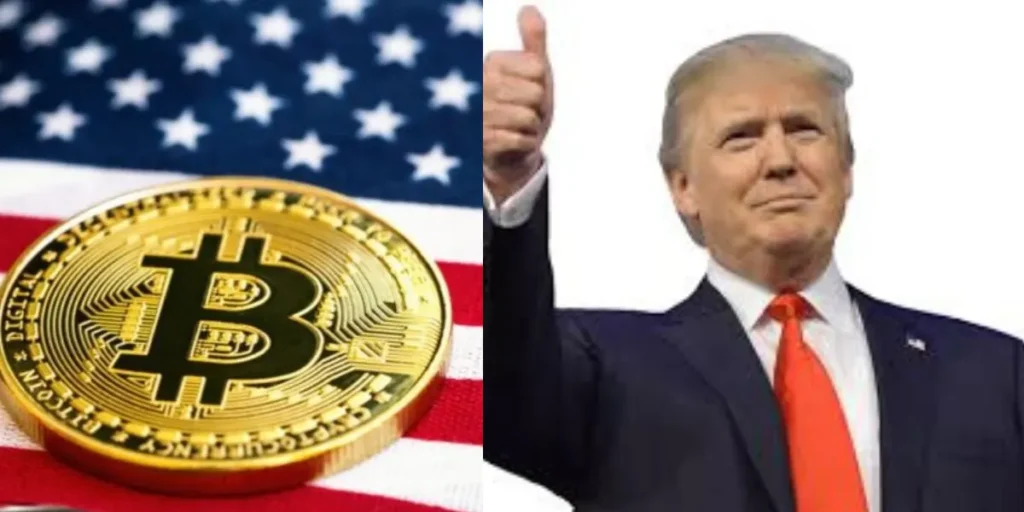Despite the sentiment among other market players that Bitcoin is a bet on a Donald Trump presidency, one managing director believes that the U.S. election results will have a negligible impact on cryptocurrencies.
The 2024 election could be a pivotal moment for the crypto vote. Candidates who recognize and capitalize on this emerging force could not only influence the future of the industry but also bolster their own political prospects.
Bitcoin is often seen as a ‘Trump trade’ because of the Republican nominee’s connections to the crypto industry, which has invested heavily in advancing its interests during the campaign. Prediction markets generally agree that as Bitcoin’s price increases, so do Trump’s chances of winning the election
The presidential candidates are paying attention. Donald Trump is actively appealing to the crypto community, positioning himself as the first pro-crypto candidate. Although he previously called the space a scam, the former president has now promised to create a Bitcoin reserve and reduce regulations. Trump even headlined the world’s largest Bitcoin conference, though some crypto supporters remain skeptical about his commitment to these promises.

In contrast, the Biden-Harris administration is widely seen as anti-crypto. Regulatory actions and vetoed bipartisan legislation have raised concerns among advocates, who feel the current leadership does not fully understand or support the industry’s potential.
‘The Biden administration will likely be remembered as one of the most politically unfriendly toward the crypto industry,’ said Todd Ruoff, CEO of Autonomys, a decentralized data network. ‘A lack of clear regulatory guidelines has created uncertainty, stifled innovation, and driven some businesses out of the U.S.’
Although Vice President Kamala Harris has engaged with crypto industry leaders, she has yet to announce any campaign policies on the matter. This has left many in the sector uncertain about what a potential Harris presidency would mean for the future of crypto.
‘Trump has struck a recurring and more favorable tone,’ Ruoff noted. ‘Neither candidate may be the crypto industry’s ideal, but there is hope that one might be less of a challenge than the other.’
While the 2024 election may be the first time the crypto vote makes an impact, it’s unlikely to be the last. Candidates who embrace this shift could end up shaping both the future of the industry and their political fortunes
